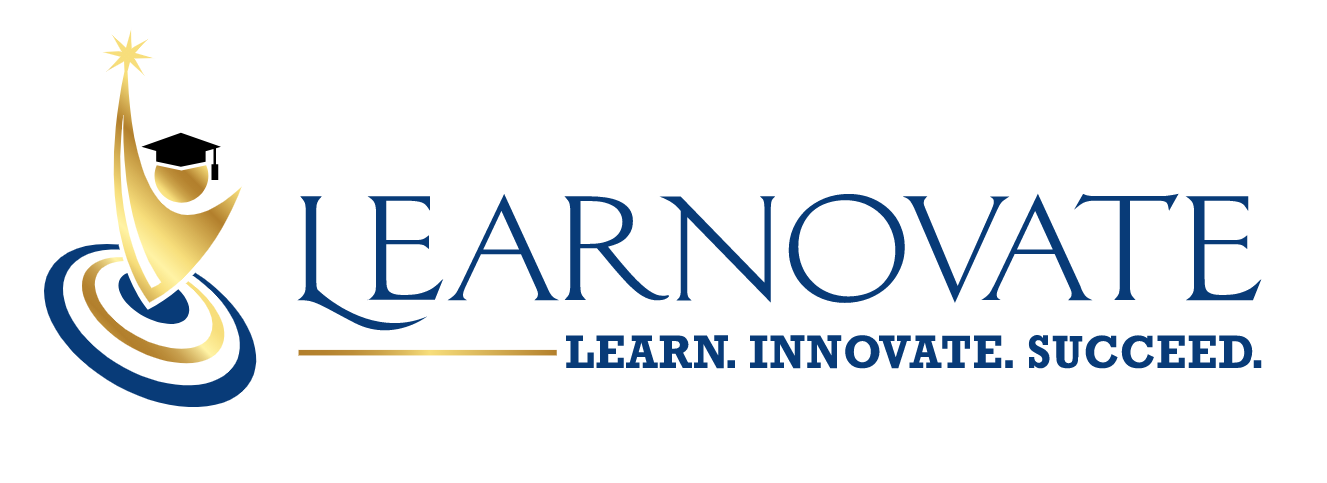This course emphasizes neurodevelopmental aspects of motor control in order to assess and restore dysfunction of the locomotor system and associated syndromes

Dynamic Neuromuscular Stabilization (DNS) is a rehabilitation strategy based upon the inter-relationship of developing child and neuro-physiological maturation of postural-locomotor system. Kolar’s approach to DNS explains the importance of muscular interactions and their proper recruitment for dynamic stability of spine and utilizes a series of systematic dynamic tests.
DNS diagnosis is based on comparing the patient’s stabilizing pattern with stabilization developmental pattern of a healthy baby. The treatment approach is based on reflex locomotion principles and ontogenetic postural locomotor patterns. The brain must be properly stimulated and conditioned to automatically activate optimal movement patterns that are necessary for co-activation of stabilizers.
The ultimate strategy is to teach the brain to maintain central control and stability of the movement restored during the therapy. This can be achieved by activation of the stabilizers when placing the patient in the primal developmental positions. The primary goal of this treatment approach is to optimize distribution of internal forces of the muscles acting on each segment of the spine and/or any other joint.
DNS can be used in infants to:
Stimulate the achievement of important development milestones at appropriate times
Stimulate symmetrical development
Improve the quality of movement
Educate the parents to properly handle infants
DNS can be used in neurological patients for:
Postural training
Sensory-motor integration
Achieve independence in ADLs and improve QoL
General and Specific objectives
Improve understanding of the basic principles of developmental kinesiology with an emphasis on development during the first year of life
Identify and describe key milestones in human development
Introduce the 3 levels of sensorimotor control in functional assessment and treatment
Demonstrate the relationship between development during the first year of life and pathology of the locomotor system in adulthood
Introduce new terminology pertinent to rehabilitation such as functional joint centration, punctum fixum, punctum mobile and the integrated stabilizing system of the spine
Define ideal postural stabilization from a developmental perspective: intra-abdominal pressure regulation, dual role of the diaphragm in stabilization and respiration, stabilization via co-contraction
Identify common stereotypes of faulty postural stabilization (“open scissors syndrome”, forward drown posture, backward drown posture, “hour glass syndrome”)
Explain and demonstrate biomechanics of undifferentiated, ipsilateral and contralateral postural-locomotion patterns; closed and opened kinematic chains, stepping forward and supporting function
Evaluate and correct poor respiratory patterns
Demonstrate the correlation between poor respiration patterns and functional pathology of the locomotor system
Assess the integrated stabilizing system of the spine both visually and utilizing dynamic functional tests
Integrate corrective exercises based on the DNS functional tests and developmental positions: exercise in undifferentiated static positions; position transfer during locomotor function; exercise progression using unstable surfaces; increased difficulty of the exercises utilizing resistance, dual tasking and other challenges
Clarify how DNS corrective exercises can integrate with other exercise strategies
Cover the basics of application of DNS concept in sport training
Provide basic clinical management explanation for clinicians to better integrate the DNS approach in their regular practice, including patient education
At Learnovate, our mission is to help professionals grow at every level of their career.
We associate with esteemed instructors from around the globe, who simplify learning and professional development, facilitate skills, and inspire people to grow further in both their educational journeys and their careers. We’re open to new people, new ideas, and new opportunities and aspire to create an inclusive and welcoming culture.
At Learnovate We:
L- Learn with
E- Enthusiasm.
A- Advance and
R- Refine our
N- Knowledge to gain
O- Outstanding Clinical practice. Be
V- Vehemently Victorious and
Acquire Accolades through
T-Transcendent
E-Education system
Imagine, educating yourself, upgrading your knowledge to a point you are being able to Completely understand the condition your patient presents in, and Provide a sustaining, quick and immense relief to the patient. Gain the Power, to Make a difference!!!
Zuzana is a Physiotherapist at Professor Kolar’s Private Rehabilitation Clinic: Centre of Movement Medicine Waltrovka, Prague, Czech Republic. She is a lecturer at Charles University, 2nd School of Medicine, where she teaches physical therapy to undergraduate students of physiotherapy program as well as to medical students.
Zuzana received her Master’s Degree in Physiotherapy in 2003, Palacky University, Olomouc, Czech Republic. In 2006, she completed a course in Reflex Locomotion according to Vojta, focusing on the treatment of adult patients. From 2003 to 2011, Zuzana worked as a full-time member of rehabilitation staff at the Rehabilitation clinic, University Hospital Motol in Prague.
She has extensive experience in functional assessment and treatment of patients with neurological, musculoskeletal and orthopaedic diagnoses. She is also experienced with paediatric cases. She has worked with both in-patient and out-patient departments at the Motol rehabilitation clinic, as well the Spinal Unit and Pain Management Centre. Zuzana works closely under the mentorship of Professor Pavel Kolar, and is an expert in the Dynamic Neuromuscular Stabilization (DNS) approach.
She has been teaching DNS since 2005, and has taught in the Czech Republic, Slovakia and numerous other European countries, as well as Asia and North and South America. Since 2013, Zuzana has been working at Professor Kolar’s private rehabilitation clinic; “Centre of Movement Medicine”. In her private practice, she focuses on developing better movement strategies and treatment for Equestrians, being competitive rider herself.
(Institute Review)
55 years ago(Institute Review)
55 years ago
During Sports Medicine & Athletic Rehabilitation there is a predictable & visible pattern of compensation that is addressed by Kinetic tape with Menthol & Negative ions on the Kinetic Chain performance.

This course emphasizes neurodevelopmental aspects of motor control in order to assess and restore dysfunction of the locomotor system and associated syndromes.

This 4-day course is based on neurophysiology, neuroanatomy, muscle physiology, and kinesiology, emphasizing diagnostics for pediatric clients.

Register for both the Levels together (Basic and Advanced) and get the Diploma in Sports Rehabilitation.
© 2025 www.coursetakers.ae All Rights Reserved. Terms and Conditions of use | Privacy Policy